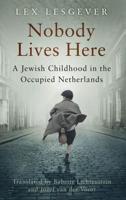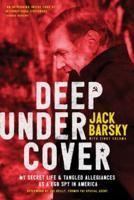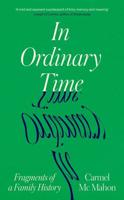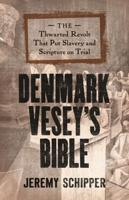Publisher's Synopsis
After years of pieces of information given out, this book departs by biographical details of the family from 1900-2016. Following the story of this presidential candidate that was described as a dictator want-to-be by the Philadelphia Inquirer.
In three stories, describing the events between society's changes, the rise of an aging revolutionary, and forceful conservative politics to remain relevant. Followed by events in Virginia and the use of psychological methods in theatrical plays of the past.
This in itself is a recipe for disaster indicated by a frustrated population, their feelings of helplessness, the ruined infrastructure and acceleration of fear, and the lack of objective perspective produced by the public press. This book provides the necessary disconnect from popular thinking. It helps readers focus on the future picture of a new political movement and its goals. Robert Osenenko uses tools commonly available when the government examines a leader, their unpublished and hidden backgrounds, archives, then compares them to their actions.
Comparing events in American history when people pinned their hopes on new expectations while dismissing the past, this time, people did not choose an artist and paperhanger from Austria but a family of immigrants. Defying common sense in the worst possible selection, the Grand Old Party self-interests, met get-rich schemes, a lifetime of economic disaster, and a presentation suitable to the tiny group of New Yorkers. That actually liked the language of its cab drivers. Despite being told daily these assaults on democracy has never happened. This situation gave sure warning signs of collapse experienced in the 1920s and 1930s. It so happened this was a period in which the GOP was at its weakest and populism its highest interest. While the people lived through the worst economic disaster, death by disease, and economic migration in its history.
Uniquely, Robert Osenenko worked for the military and lived in a part of the world devastated by political unrest, civil war, and insurgency that descended smaller nations into war. He brings an outside perspective from being in Old City Hong Kong to New York. In a matter of forty years, Robert uses his experience understanding mass psychology, clinical leadership, and academic achievement to place this political situation into an ethical perspective. This helps readers of any view challenge themselves to see how a single person's imagination, from below civil standards, can impact a nation's lives to create a devastating future for their community.









